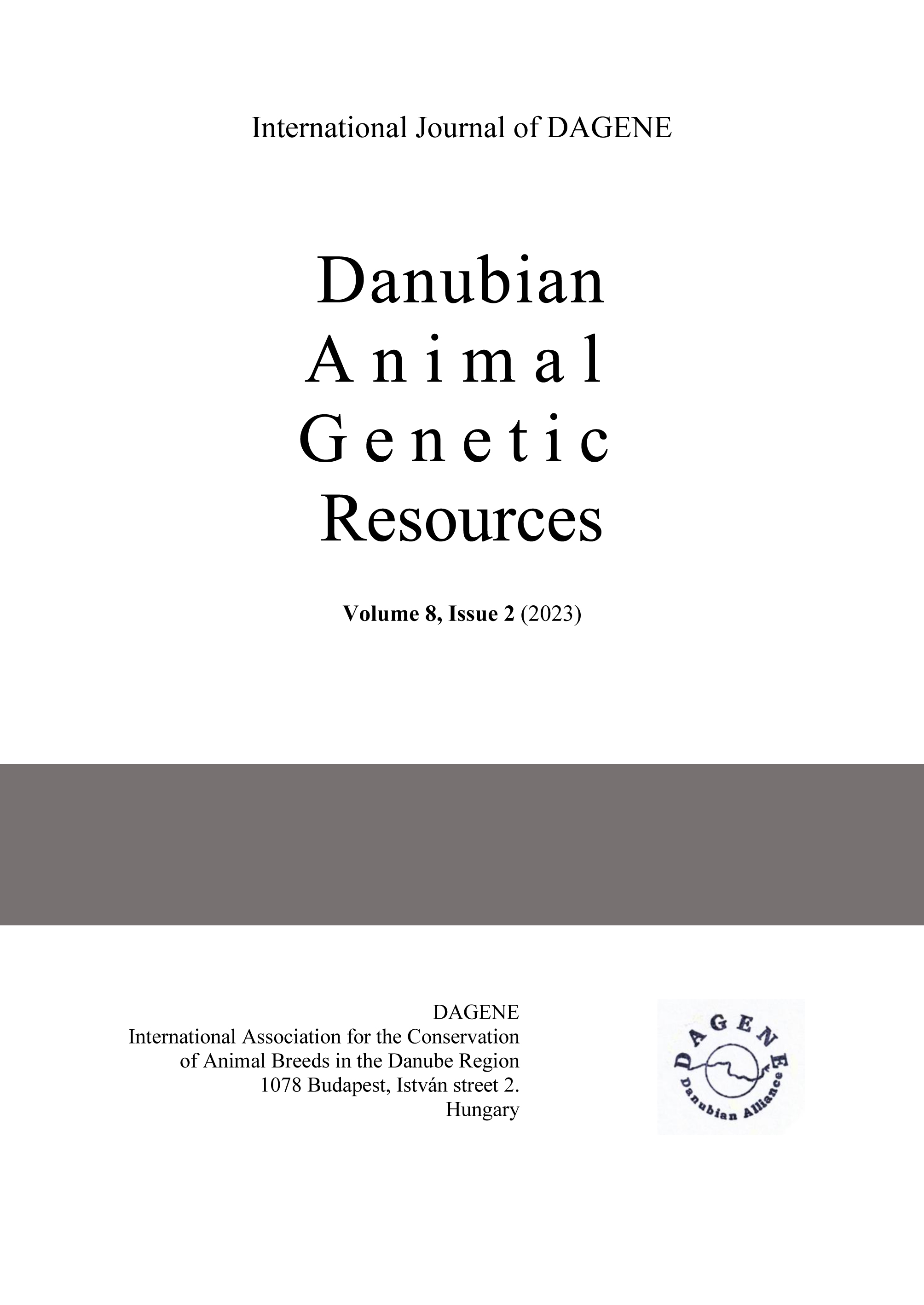Gene bank for Animal Genetic Resources in the Republic of Croatia
Abstract
The Gene bank for domestic animals in the Republic of Croatia is provided by the National Program for the conservation of local and endangered breeds of domestic animals from 2010. For this purpose, the National Gene bank Network was established, which consists of (i) the Gene bank for domestic animals as a central point under the jurisdiction of the Ministry of Agriculture, and (ii) Recognized Gene banks (authorized by the Ministry of Agriculture and operated by organizations, associations and/or authorized institutions). Until 2023, more than 32,000 samples from six types of domestic animals are stored in the Gene bank as follows: cattle (57.7%), horses (13.2%), sheep (12.1%), pigs (10%), donkeys (5%), and goats (1.9%). Tissue samples (29.2%), hair (28%), semen (42.2%) and blood (0.6%) are mainly stored in the Gene bank. The implementation of the National Program is supported by the Reference Expert Network for the Conservation of Animal Genetic Resources, which promotes greater collaboration with stakeholders. Future plans include further characterization of breeds with emphasis on adaptive traits, and the necessary monitoring and implementation of new and improved procedures in the conservation of local breeds.
References
CBD (1992): Convention on biological diversity. http://www.cbd.int/doc/legal/cbd-en.pdf.
Croatian Parliament: Law amending and supplementing the Law on Domestic Animal Breeding, Official Gazzete 52/21, 14.5.2021.
Croatian Parliament: Law on Domestic Animal Breeding, Official Gazzete 115/2018, 20.12.2018.



